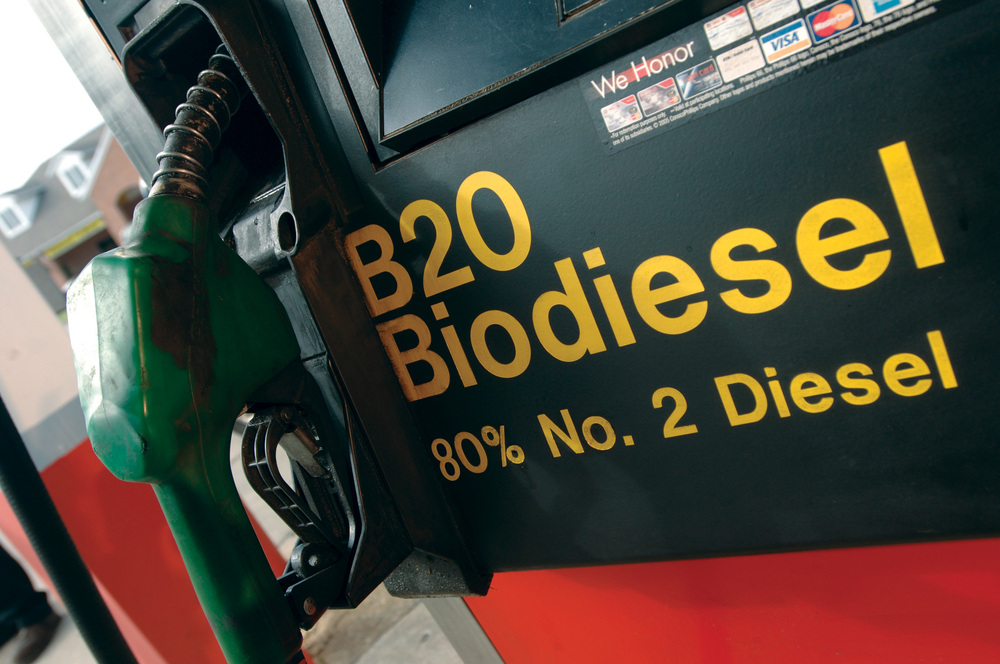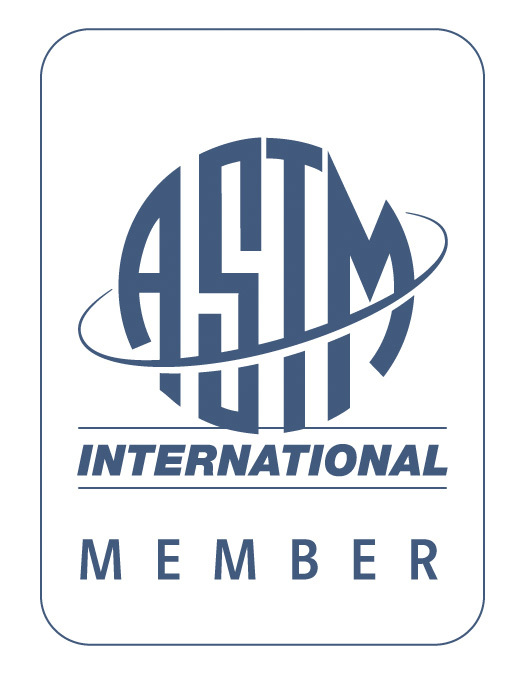NBB works to continually improve specs as petrodiesel, diesel engines change



September 10, 2012
BY NBB
Fuel quality and a strong set of standards remain one of the highest priorities for the biodiesel industry. This is especially true as refiners optimize still relatively new ultra-low sulfur diesel (ULSD) fuel and diesel engine makers implement new technology that makes diesel engines 90 percent cleaner than just a few short years ago.
Over the past two years, a handful of cases occured where ULSD/biodiesel blends experienced unexpected filter clogging above the cloud point. This led to interest in creating a No. 1-B specification for biodiesel. The new grade maintains the same parameters as the current standard, and provides more stringent controls for minor components, which have been implicated in rare filter clogging in the field with ULSD.
“We are committed as an industry to being proactive so biodiesel continues to be the highest quality, most proven advanced biofuel on the market,” said Kyle Anderson, technical projects manager for the National Biodiesel Board.
Advertisement
Advertisement
NBB encourages stakeholders to become ASTM members to provide input in the setting of industry specifications.
“Participating in the process that sets the standards your industry must operate under is extremely critical and simply makes sense for biodiesel producers,” Anderson said. “As a trade association, we do everything we can to make it easy for our members to be involved. At the end of the day we need specs that give customers confidence in the fuel that is being produced and used across the country.”
For more information on fuel quality specifications and becoming more active in maintaining and setting specifications, contact Kyle Anderson at kanderson@biodiesel.org or (800) 841-5849.
Advertisement
Advertisement
Upcoming Events





